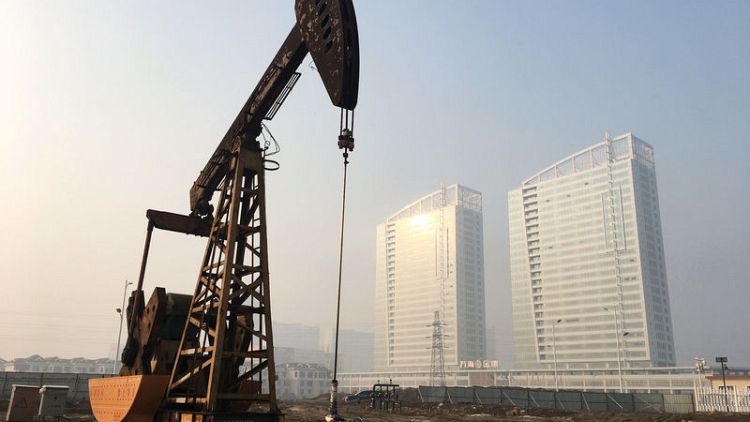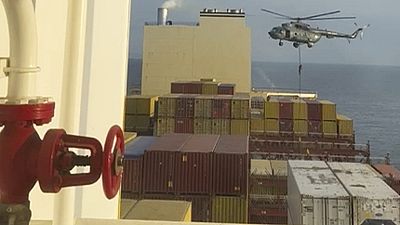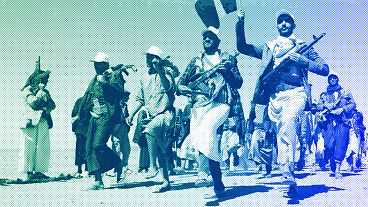By Jessica Resnick-Ault
NEW YORK (Reuters) - Oil prices see-sawed in a volatile, heavy day of trading on Friday, selling off after news that major producers would consider additional supply one day after U.S. President Donald Trump again blasted the cartel.
Investors grappled with the Organization of the Petroleum Exporting Countries and non-OPEC producers' ability to offset a shortfall from Iran due to U.S. sanctions that go into full force Nov. 4. The major producers are scheduled to gather in Algeria on Sunday.
Concerns that the cartel and its allies would fall short sent global benchmark Brent crude <LCOc1> $1.00 higher to $80.12 per barrel early in the session.
The market reversed course after a source told Reuters that OPEC and its allies were discussing the possibility of raising output by 500,000 barrels per day.
On Thursday, Trump linked American support for Middle Eastern countries to oil prices as he again urged OPEC to lower prices.
Brent was up 14 cents at $78.84 a barrel by 12:11 p.m. EDT (1611 GMT). U.S. light crude <CLc1> was up 46 cents at $70.77, after earlier touching a high of $71.80.
U.S. crude was on track to end the week up 2.5 percent and Brent to post a 0.9 percent gain.
Earlier in the session, prices jumped after a report said that OPEC and non-OPEC countries pumped less oil in August compared with July due to a drop in Iranian crude supply.
"Iranian crude exports are coming (down) earlier and bigger than expected, at a time seasonal demand is strong. With spare capacity also falling sharply, the market remains exposed to supply-induced price shocks," ANZ Bank analysts said in a note to clients.
Investors piled into the trade, betting that OPEC will be unable to compensate fully for the loss of oil from Iran, OPEC's third-biggest producer.
Market fears about Iran curtailing transport on the strait of Hormuz, a major global waterway, also intensified early Friday. The Iranian Revolutionary Guards and army carried out a joint aerial military drill in the Gulf on Friday in an attempted show of strength ahead of sanctions enforcement.
The news that OPEC may increase production by a half-million barrels quickly quelled those concerns.
Jason Gammel, analyst at U.S. bank Jefferies, said he expects Saudi Arabia to try to keep the oil market adequately supplied into 2019, "but at the cost of spare capacity", a key supply buffer to prevent oil price volatility.
"Spare capacity could fall below 1 percent of demand by year-end if Iranian exports fall below 1 million barrels per day, as now seems likely," Gammel said.
(Reporting By Jessica Resnick-Ault; additional reporting by Christopher Johnson in London, Jane Chung in Seoul and Aaron Sheldrick in Tokyo; Editing by Marguerita Choy)



